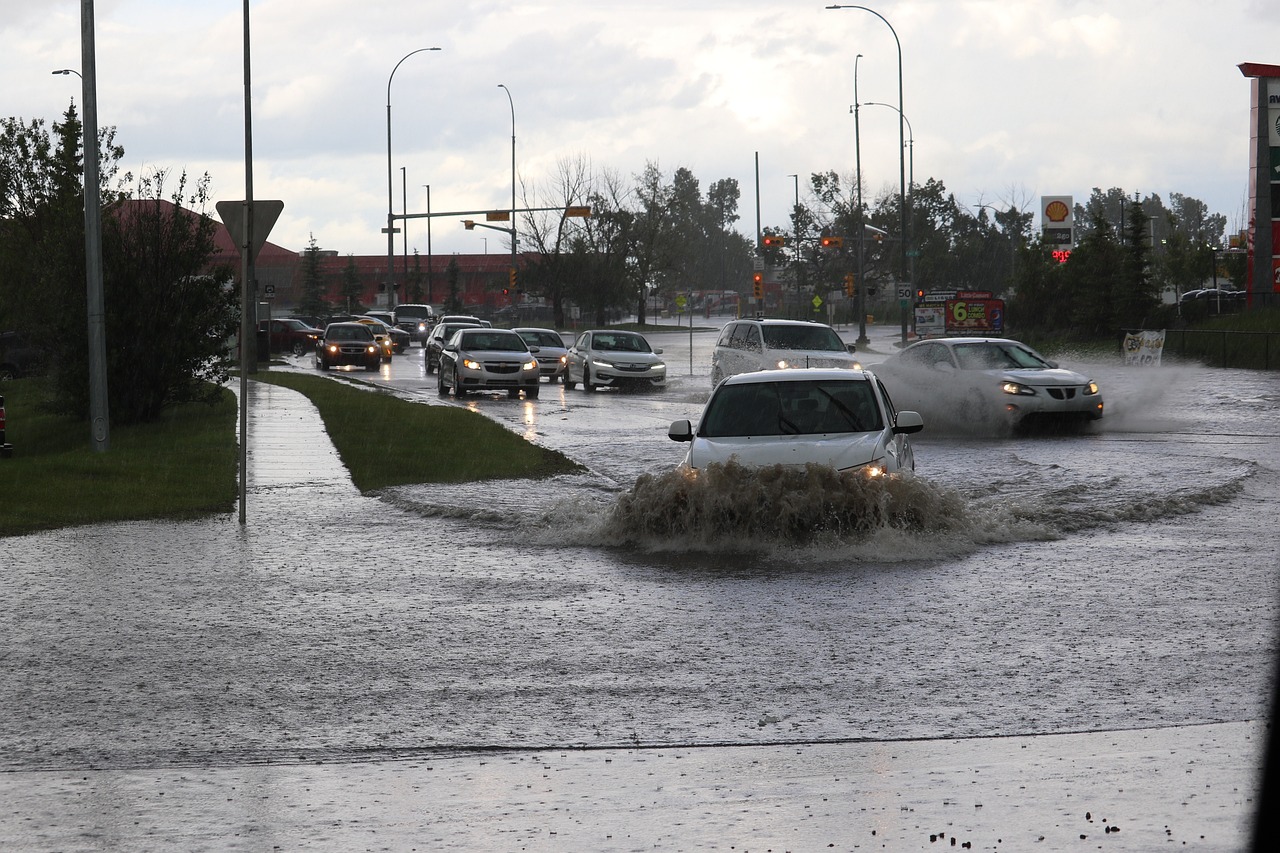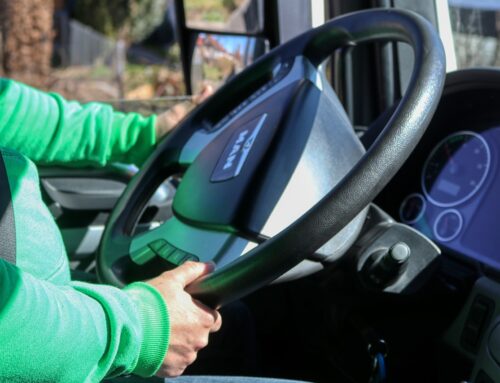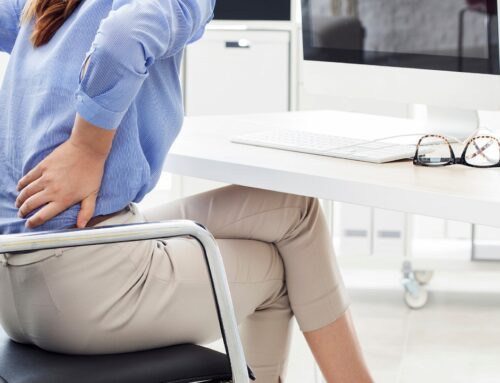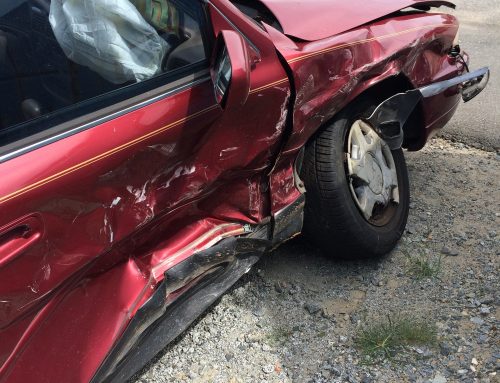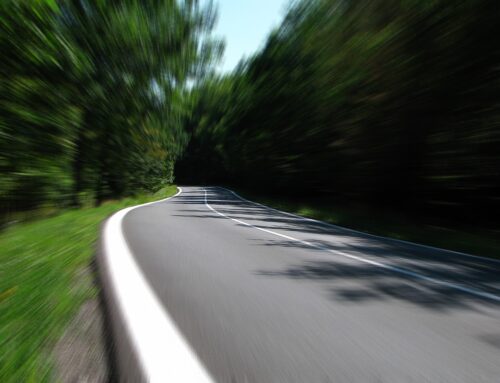We’ve discussed in the recent past some of the complexities of car accident liability related to local government liability with road signs, street lights, and asphalt maintenance. But after two recent hurricanes have hit Florida, the topic of how outside factors beyond driver behavior affect liability is even more pertinent. Hurricanes leave behind a dangerous aftermath—flooding, debris, downed power lines, and fallen traffic signs—all of which create hazardous road conditions. What happens when these conditions cause a car accident, and how can injured parties fight for much-needed compensation?
General Liability Concerns for Florida Car Accidents Involving Hazardous Conditions
Typically, fault in car accidents is based on the principle of negligence. This means the driver who failed to exercise reasonable care is liable for the damages caused. Florida’s comparative negligence rules mean that even if hazardous road conditions are a factor, both drivers involved may still be found partially at fault, depending on how they reacted to the dangers.
If a driver on a clear, sunny day fails to drive safely and causes a severe accident, attorneys representing injured parties can typically prove their fault. However, fault becomes more nuanced when it comes to accidents caused or partially caused by hazardous road conditions. While drivers cannot control whether a road is flooded or a tree has fallen, they are expected to adjust their driving behavior to the conditions. Failing to slow down, maintain control of their vehicle, or recognize and avoid apparent hazards can still result in that driver being held liable despite the poor conditions. Everyone has a duty to keep others safe when they choose to drive on public roads.
Perilous Road Conditions After Hurricanes
Flooded Roads: As we have all recently seen, flooding is one of the most dangerous and widespread hazards after a hurricane. Roads submerged in water cause cars to hydroplane, reduce visibility, and hide other dangers like potholes or debris. We’ve all seen drivers who attempt to drive through flooded areas only to end up stuck and flooded. In Florida, if you try to navigate through deep water and lose control of your vehicle, you may still be held partially liable for the accident, as drivers are expected to use reasonable judgment and avoid dangerous conditions.
Debris on the Road: Following Helene, Milton caused tons of debris to be strewn on roads, creating sudden obstacles that forced drivers to swerve around. If a driver swerves to avoid debris and collides with another vehicle or an object, determining fault becomes tricky, especially if it suddenly blows on the road instead of simply resting in that location.
In many cases, drivers may be held responsible for losing control of their vehicle, even when trying to avoid road hazards. However, if debris was tough to see or came from an ongoing cleanup effort without proper road markings or safety measures, liability could extend to the entity responsible for clearing the debris.
Fallen Trees and Power Lines: Over the past week, linemen have done fantastic work clearing fallen trees and powerlines across Florida, but it’s definitely possible that these dangerous situations caused accidents in recent weeks. Drivers are generally expected to keep an eye out for such obstacles, but sudden or unavoidable situations may limit their ability to prevent a collision. If authorities or utility companies failed to respond quickly to remove these hazards, they could also bear some liability for the accident.
Missing or Fallen Traffic Signs and Signals: Hurricanes frequently knock down traffic signs and signals, creating confusion at intersections and along busy roads. Without police presence to direct traffic, drivers are still expected to proceed cautiously and should treat intersections without working signals as four-way stops, according to Florida law. Drivers who fail to follow this protocol may be liable for an accident.
If someone has injured you in a recent accident, Probinsky & Cole can help you fight for compensation, regardless of the road conditions that may have played a part. Proving negligence may be more complex if the other driver and their insurance provider can pass fault onto the storm and local authorities. Still, we will help secure the compensation you need. Contact us today to speak to an attorney and learn how we can assist in your case.
